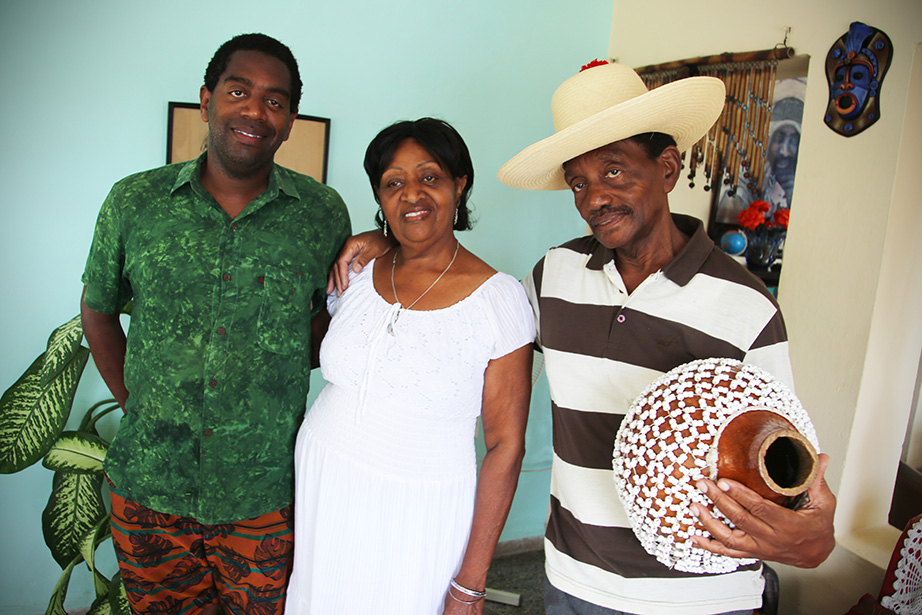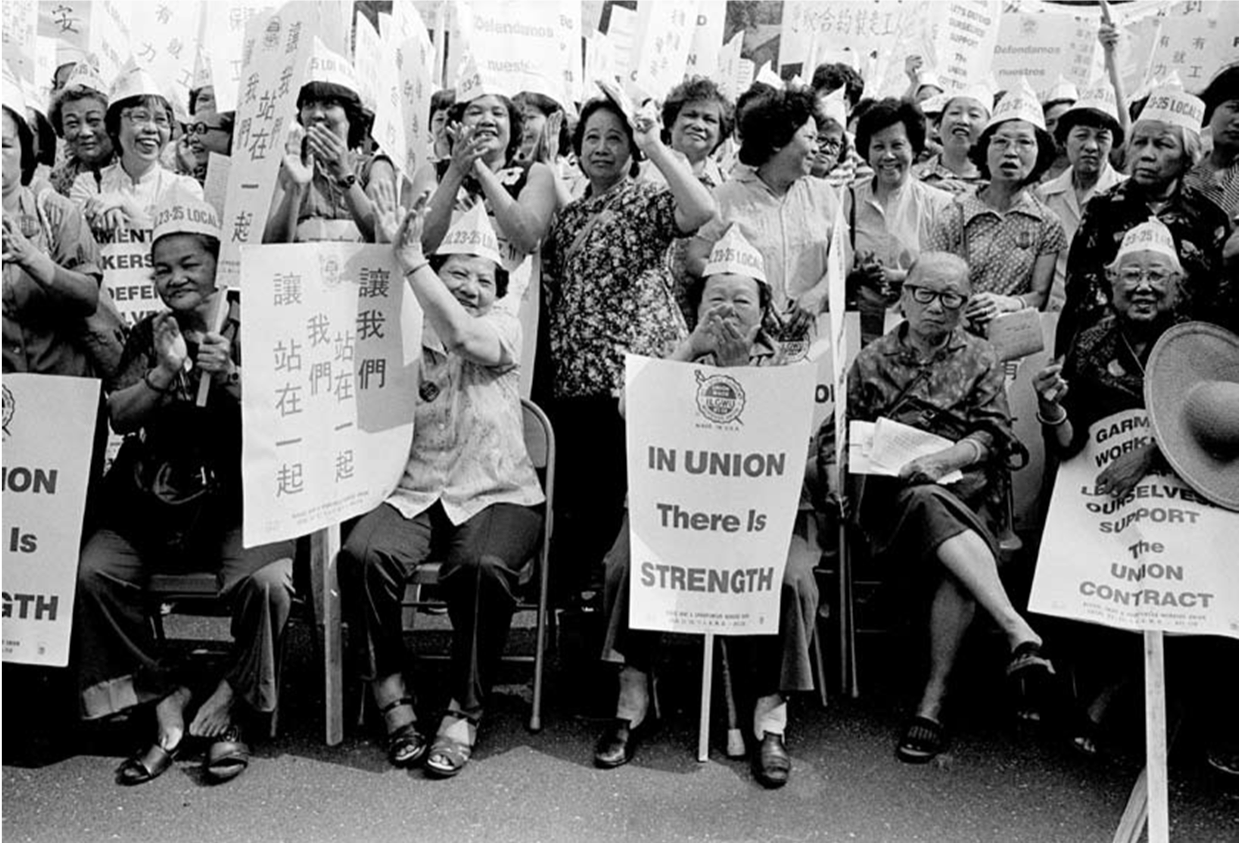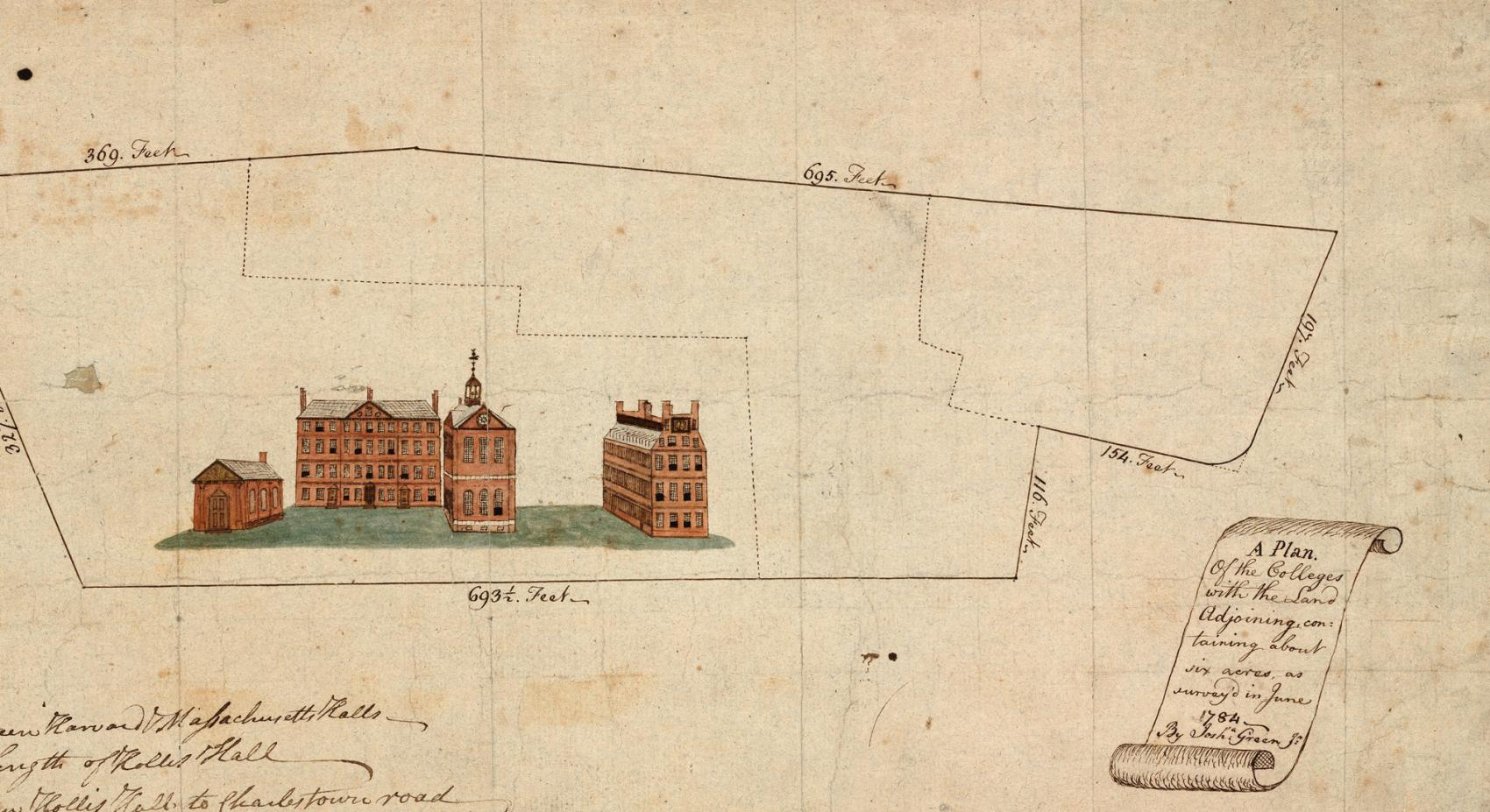Yosvany Terry and Afro-Cuban Roots represent a profound interplay of culture, identity, and music that spans continents. Known for his innovative approach to Afro-Cuban music, Terry has dedicated his artistic journey to uncovering the historical and cultural connections between the musical traditions of Benin and the Caribbean. Through in-depth Yosvany Terry research, he highlights the enduring legacy of the African diaspora in music and its powerful influence on genres like jazz. As the director of the Harvard Jazz Ensembles, he integrates these rich traditions into the academic fabric, fostering a deeper understanding of their significance. Terry’s work serves as a bridge, illuminating the echoes of ancestral rhythms that resonate in contemporary music, thus preserving the rich narrative of cultural heritage.
Exploring the intricate relationship between Yosvany Terry’s work and the essence of Afro-Cuban heritage opens up a world of musical exploration. The connections forged through the African diaspora in music are not only vital to the evolution of jazz but also to our broader understanding of global musical narratives. Terry’s dedication to this cause showcases how elements from the musical traditions of Benin intertwine with those of the Americas, revealing a rich tapestry of cultural history. As a leading figure in music education at Harvard, he emphasizes collaborative learning, inviting students to engage with these traditions in profound ways. By fostering an environment of artistic inquiry, Terry ensures that the vibrant stories of these ancestral practices remain alive in contemporary artistry.
Exploring Afro-Cuban Roots Through Yosvany Terry’s Research
Yosvany Terry’s recent research dives deep into the Afro-Cuban roots that inform contemporary music, particularly through his explorations of both Benin and Cuba. By examining the musical traditions that have traveled across the African diaspora, Terry sheds light on how the cultural expressions from Benin significantly echo within Afro-Cuban music. The vibrant rhythms, rich melodies, and unique instrumentation found in both regions highlight a shared cultural heritage that persists despite historical challenges. This connection not only enriches the music but also strengthens the identity of Afro-Cuban artists today, as they draw upon this deep well of tradition in their work.
During his travels, Terry immersed himself in the local musical culture by collaborating with musicians who preserve these ancient traditions. His findings illustrate how the intricate relationship between the African diaspora and music has shaped the soundscape of the Americas. By sharing these experiences in educational settings, he empowers students to appreciate the nuanced history behind the music they produce and study. Understanding these ties not only honors the legacy of their ancestors but also inspires new creativity within the realm of jazz and beyond.
The Role of African Diaspora in Shaping Modern Jazz
The African diaspora has played a crucial role in the evolution of modern jazz, with its roots deeply intertwined with historical events such as slavery and migration. By exploring this dynamic, Yosvany Terry emphasizes how West African musical traditions, preserved by enslaved people in Cuba and other parts of the Americas, have contributed to the development of jazz. The resilience and ingenuity of these artists maintained their cultural practices, which eventually infused into jazz and other popular music genres, giving birth to new styles and expressions that resonate even today.
By examining how these influences manifest in contemporary jazz, Terry opens up a dialogue about cultural identity and the importance of understanding one’s roots. His work in academia seeks to give students context for the music they engage with, revealing how jazz is not merely an American invention but a global movement shaped by countless cultural exchanges. This understanding fosters a sense of appreciation and responsibility among young musicians, pushing them to carry these narratives forward in their own artistic journeys.
Through initiatives like his research and the Harvard Jazz Ensembles, Terry aims to elevate the conversation around jazz, emphasizing its diverse influences. By recognizing and celebrating the contributions of Afro-Cuban and West African traditions, students can gain a comprehensive view of historical musical connections, ultimately enriching their performance and creative expression.
Frequently Asked Questions
What is the significance of Yosvany Terry’s research on Afro-Cuban music and its connections to the musical traditions of Benin?
Yosvany Terry’s research highlights the deep-rooted links between Afro-Cuban music and the musical traditions of Benin, showcasing how the African diaspora has influenced modern jazz. His work aims to understand how these traditional sounds have shaped cultural identities and the evolution of music in the Caribbean and beyond.
How does Yosvany Terry’s exploration of Afro-Cuban roots enhance the understanding of the African diaspora in music?
Terry’s exploration of Afro-Cuban roots enhances the understanding of the African diaspora in music by illustrating the preservation of cultural traditions. His research emphasizes how musical practices from Africa, particularly from Benin, have been vital in the formation of genres like jazz, reflecting a continuous dialogue between past and present expressions of identity.
In what ways does Yosvany Terry incorporate his findings on Afro-Cuban roots into his teaching at Harvard?
Yosvany Terry incorporates his findings on Afro-Cuban roots into his teaching at Harvard by providing students access to primary source materials from his research. He emphasizes the historical context of Afro-Cuban music and its influences, encouraging students to explore these connections through performance and collaboration across musical disciplines.
How does Yosvany Terry’s role as director of the Harvard Jazz Ensembles promote Afro-Cuban music traditions?
As director of the Harvard Jazz Ensembles, Yosvany Terry promotes Afro-Cuban music traditions by inviting guest artists from diverse backgrounds and emphasizing cross-cultural collaboration. Through performances and educational trips to Cuba, he enriches students’ understanding of jazz’s Afro-Latin roots, ensuring these traditions are celebrated and preserved.
What can audiences expect from Yosvany Terry’s upcoming performance, Imaginary Dialogues: Dahomey?
Audiences can expect a unique blend of Afro-Cuban music and West African musical traditions during Yosvany Terry’s performance, Imaginary Dialogues: Dahomey. This event will showcase the direct connections between his research on Benin’s cultural heritage and contemporary jazz, illustrating how historical influences manifest in modern performances.
How does Yosvany Terry view the role of collaboration in the ArtsThursdays initiative at Harvard?
Yosvany Terry views collaboration as essential to the ArtsThursdays initiative at Harvard. By bringing together artists from various disciplines, including those focused on Afro-Cuban roots, he believes it fosters a vibrant artistic community that enriches the learning experience for students and encourages innovative expression across the arts.
What impact does Yosvany Terry believe his research and performances will have on the understanding of cultural identity?
Yosvany Terry believes that his research and performances will deepen the understanding of cultural identity by showcasing how Afro-Cuban music reflects broader narratives of the African diaspora. His work underscores the importance of preserving these musical traditions as a means of resisting cultural assimilation and celebrating heritage.
Why is the study of Afro-Cuban music and its roots important for modern musicians according to Yosvany Terry?
According to Yosvany Terry, the study of Afro-Cuban music and its roots is crucial for modern musicians as it provides insightful context into the origins of jazz and its evolution. Understanding these roots helps musicians create more authentic and culturally aware compositions, ensuring that the rich heritage of the African diaspora is recognized and celebrated.
| Key Points | Details |
|---|---|
| Yosvany Terry’s Research | Exploring the connections between Benin’s musical traditions and Caribbean music, specifically jazz. |
| Significance of Tradition | African diaspora’s musical practices faced pressure to assimilate during slavery, leading to the preservation of cultural identity through music and arts. |
| Educational Impacts | Plans to integrate primary source research into Harvard courses to educate students on cultural influence in music. |
| Upcoming Performances | Live performance on May 1, 2025, featuring connections between research and art at Harvard. |
| Collaboration in Arts | Encouraging interdisciplinary collaboration at Harvard through initiatives like ArtsThursdays and educational trips. |
| Future Aspirations | Aim to cultivate a diverse and innovative arts program at Harvard over the next decade. |
Summary
Yosvany Terry and Afro-Cuban Roots highlight the importance of cultural connections through music, demonstrating how traditional practices shape modern artistic expressions. Terry’s recent research underscores the profound influence of the African diaspora on contemporary jazz, emphasizing that understanding these roots is crucial for recognizing the fabric of our musical identities. As Terry integrates his findings into his teaching and performances, he not only preserves these significant cultural threads but also inspires future generations of artists at Harvard and beyond.



